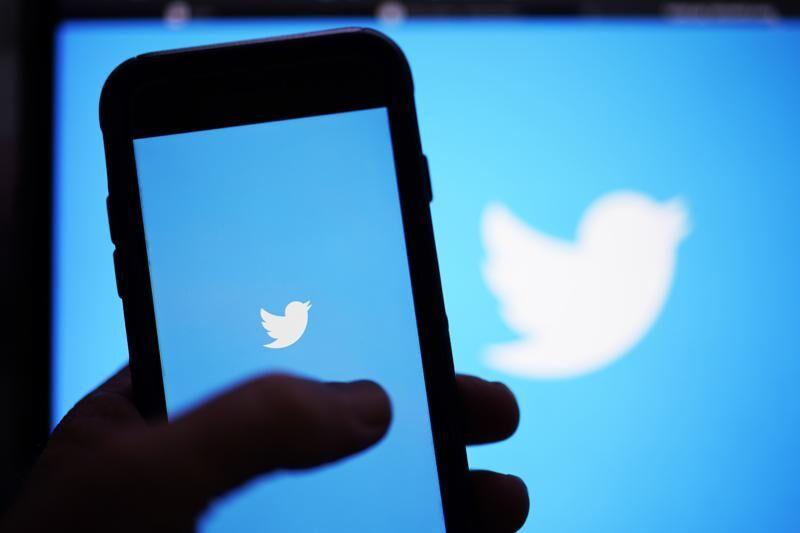This column is part of a Head to Head. Read the opposing view here.
Elon Musk’s purchase of Twitter has ignited conversations on the future of the platform. Musk’s stated dedication to free speech has excited his fans at the idea of a future free from corporate censorship, but they fail to understand that Musk can’t deliver on his promise.
Truthfully, he never really wanted to. Some people think that their billionaire father figure bought Twitter to save American discourse. However, this is far from reality.
The most sensible reading of Musk’s purchase is that he originally entered talks to buy Twitter as a publicity stunt before backing out and having to be legally pressured into buying the company. His supposed crusade for free speech is just a consolation prize. Now that Musk is in charge of Twitter. His supporters will find that there’s a difference between speaking about change and enacting it.
Twitter is a publicly traded company, meaning that it must continually grow to please its shareholders—though the company will be taken off the public market on Nov. 8. About 90% of Twitter’s revenue comes from advertising, according to CNN. And in today’s political and social climate, advertisers are quick to cut ties with entities deemed unsavory by the public. So, anyone hugging a picture of Musk or clutching their pearls thinking about a new Wild West-style Twitter should calm down.
Musk knows that he must continue Twitter’s censorship in some capacity; he’s said as much when expressing that he didn’t want Twitter to become a “free-for-all hellscape.”
Advertisers aren’t the only entity concerned with the platform. Twitter must also be wary of the U.S. government. Facebook executives had to testify in front of Congress in a hearing that saw bipartisan support for regulation of the social media site. Drawing the ire of the American government would be damaging to Twitter’s bottom line, and that’s the last thing Musk wants.
He has plans in place to increase Twitter revenue despite the forces against him. He laid off about half of Twitter’s employees, dissolved the board of directors and will soon implement a fee of $8 for verified users to maintain their blue check marks.
Musk will do anything he can to make money from Twitter. He may decide to charge users based on the number of characters used in a tweet or for every tweet they read. A fee for opening the app fee could be coming down the pike.
Musk might even try his patented “ask the government for money” strategy that he’s employed for his other business ventures, but the increasingly adversarial nature between social media companies and government regulators may render his go-to move worthless.
Completely changing the financial model of a company is no easy task. With every change comes several potential unforeseen setbacks. If Musk’s plans don’t achieve their desired effect, users can expect a reversion in the level of censorship.
Musk didn’t buy Twitter to protect free speech; he did it because his publicity stunt went wrong, and he now has to find new ways to increase profit. Any small changes made to what’s allowed on Twitter will only remain as long as it doesn’t affect the bottom line. The minute that it does, free speech will find itself next on the chopping block.
Frank Kidd is a 21-year-old mass communication junior from Springfield, Virginia.





